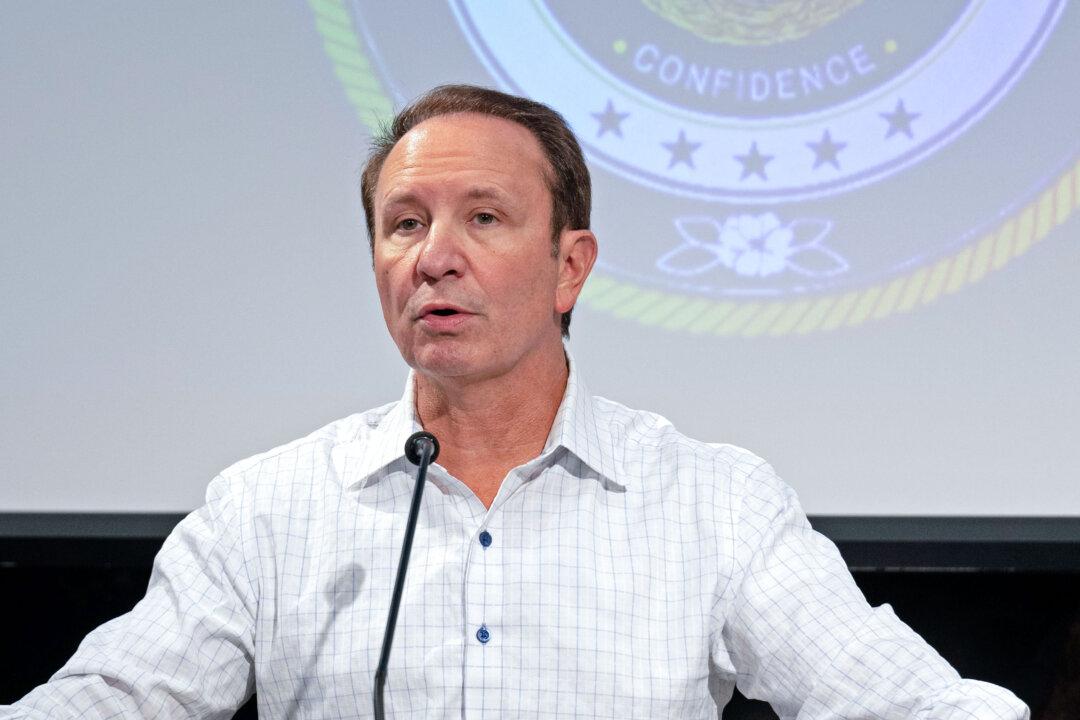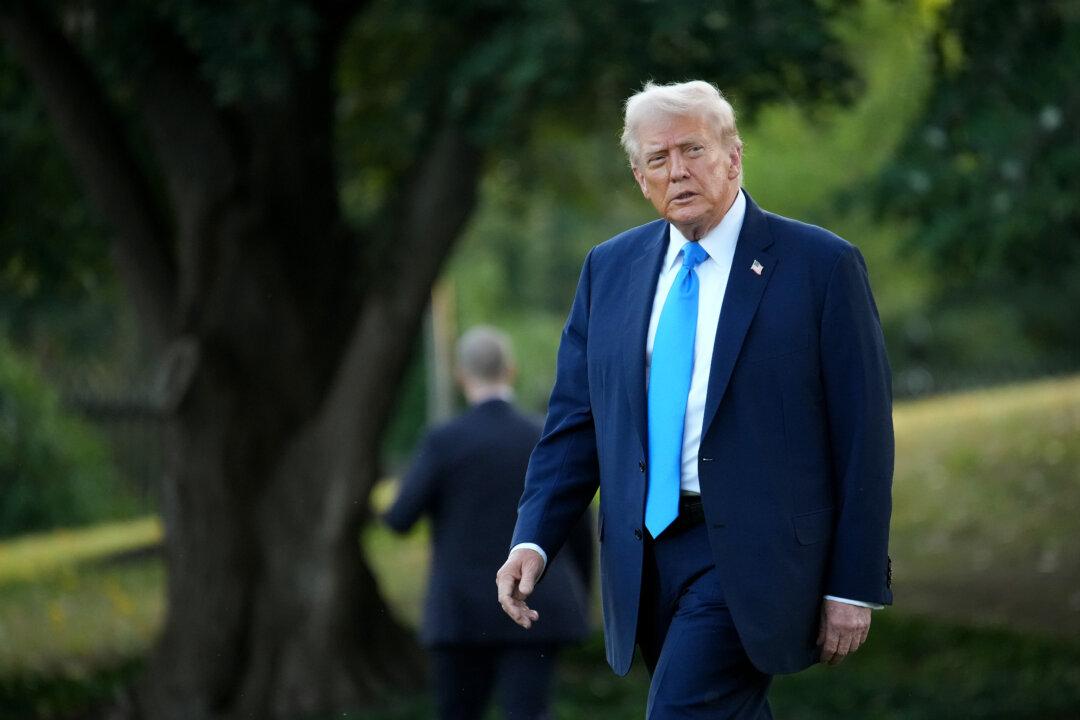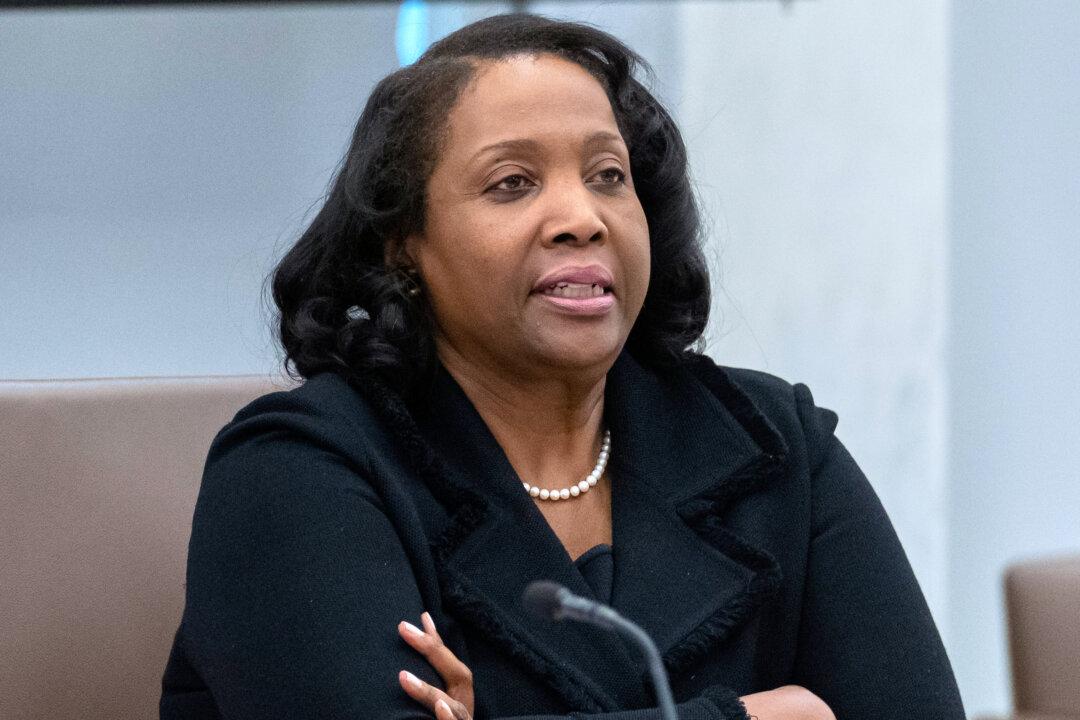A former senior counsel to President Donald Trump says the Pennsylvania gubernatorial race is the “most important in the country” because it could set the tone for how election integrity measures are applied across the United States.
Trump-backed Doug Mastriano, a Republican state senator and vocal proponent of election integrity, is facing off against state Attorney General Josh Shapiro in a closely-watched governor’s race in November.





